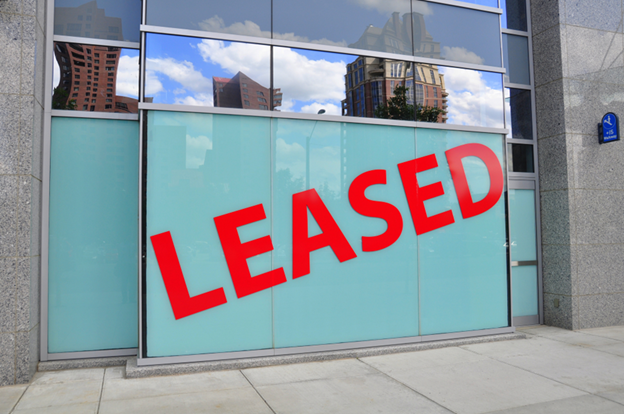Once a potential building code violation occurs, it has the potential for ripple effects throughout the construction project. In accordance with the directives of the International Building Code (“IBC”), it is unlawful to “erect, construct, alter, extend, repair, move, remove, demolish or occupy” any building “in conflict with or in violation of any of the provisions of the code.”[1] The primary avenue for the discovery of a violation of the code occurs when a building official inspects the construction project, either at random intervals or when a certain segment of construction is nearing completion. If a code violation is apparent during inspection, the building official is obligated to provide a notice of the code violation in writing to the parties involved.[2] In typical circumstances, the building official will issue a stop work order to either prevent an unsafe work environment or to halt the construction operating in violation of the building codes from continuing.[3] If the work is continued after receipt of the written stop work order, the construction is considered unlawful and subject to penalties.[4] The municipality in which the construction project is located may also begin an action at law or in equity to restrain or correct the violation as well as require the removal or termination of the violation.[5]

A building code violation has the potential of impacting several areas of a project far beyond the stop work notice. Building code violations are relevant to a contractor’s license, breach of contract litigation between a contractor and owner, indemnity actions, and negligence actions. The party responsible if a code is violated is also a frequent topic of litigation, which will include the use of both common law legal doctrines and legal interpretation of contract language.
Effect of Building Code Violations on a Contractor’s License and Bonds
A violation of the building code can have negative ramifications on a contractor’s license status and bonding capability. All contractors must be licensed by the Arizona Registrar of Contractors.[6] One of the conditions of a contractor’s license is that a contractor must maintain a bond in a specified amount set by statute.[7] If a contractor performs work that is “not in compliance with the requirements of any building code applicable to the construction work,” any party having a direct contract with the contractor who is injured by that failure can make a claim against the contractor’s license bond.[8] Generally, the owners of property can make claims against a general contractor’s license bond if the work performed does not conform to the applicable building code. For subcontractors, the claim usually comes from a general contractor who is forced to perform corrective work. If a claim is made against a bond, and a surety pays it, a contractor must either replenish the bond or provide a new bond within thirty days to avoid his or her contractor’s license being automatically suspended.[9]
In addition to liability on a license bond, failure to comply with a building code may subject a contractor to discipline. A.R.S. § 32.1154(A)(2), states that a contractor shall not commit:
“departure from or disregard of plans or specifications or any building codes of the state or any political subdivision of the state in any material respect which is prejudicial to another without consent of the owner or the owner’s duly authorized representative and without the consent of the person entitled to have the particular construction project or operation completed in accordance with such plans and specifications and code.” (Emphasis added).
If any contractor violates the provisions of A.R.S § 32-1154(A)(2), his or her license can be suspended or revoked.[10] In addition, the Registrar has the authority to order restitution to repair any building code violation or to issue a corrective work order directing the contractor to complete the listed work within a specified time period.[11] If a licensed contractor fails to correct any violation of a building code after ordered to do so by the Registrar, the Registrar may impose a civil penalty of not more than $500, which if not paid within thirty days after imposition, results in the automatic revocation of a contractor’s license.[12] In a residential setting, if a contractor is unwilling or unable to correct a violation of a building code as found by the Registrar, the Registrar may order payment from the residential contractor’s recovery fund, after which the contractor and his or her license bond may be required to reimburse the Registrar.[13]
[1] IBC § 113.1.
[2] IBC § 113.2.
[3] IBC § 114.1.
[4] IBC § 114.3.
[5] IBC § 113.3.
[6] A.R.S. § 32-1151.
[7] A.R.S. § 32-1152.
[8] A.R.S § 32-1152(E).
[9] A.R.S § 32-1152(F).
[10] A.R.S § 32-1154(B).
[11] A.R.S § 32-1154(A).
[12] A.R.S. § 32-1154 (D).
[13] A.R.S § 32-1154(F).
© 2016 Matthew W. Harrison and Harrison Law, PLLC All Rights Reserved
This website and article have been prepared by Harrison Law, PLLC for informational purposes only and does not, and is not intended to, constitute legal or financial advice. The information is not provided in the course of an attorney-client relationship and is not intended to substitute for legal advice from an attorney licensed in your jurisdiction.






